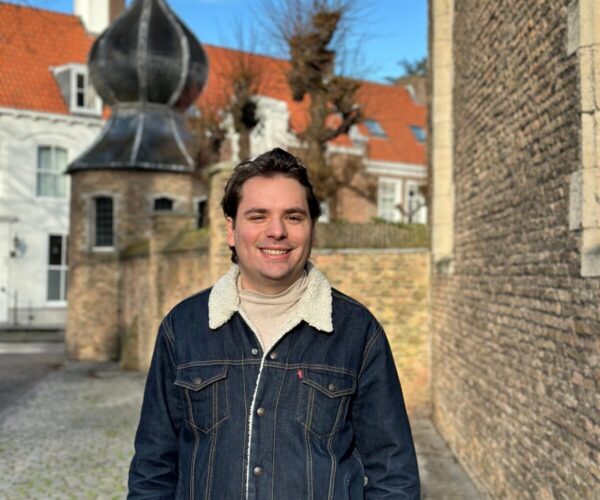
Bálint Honos holds an MA in history from the Eötvös Loránd University in Budapest.
Bálint is studying African American communities in early 19th-Century California. His dissertation aims to shed light on the often-overlooked historical narrative of slavery in the Far West of the United States. Bálint’s dissertation will illustrate the impact of migration from the slaveholding South and the freer North on the development of a unique culture in urban areas and mining towns in the West. This environment facilitated intra- and cross-cultural civic dialogues among minorities as well as white frontiersmen. Although the California Constitution (1849) prohibited slavery, Black Americans were deprived of full citizenship, voting rights, and the ability to testify in court. In certain instances, moreover, forms of unfree labor persisted. Bálint asserts that marginalized Black communities responded to the politics of exclusion by participating in civic activities. Such activities, e.g., communal discussions, both reflected and encouraged an involvement in, rather than an abandonment of, the American civic community. As such, owing to their multicultural makeup relative to the era, the struggles of Far West communities foreshadow the fight for civil rights in the 20th-century, in which Black Americans also strived to be accepted as full citizens.



